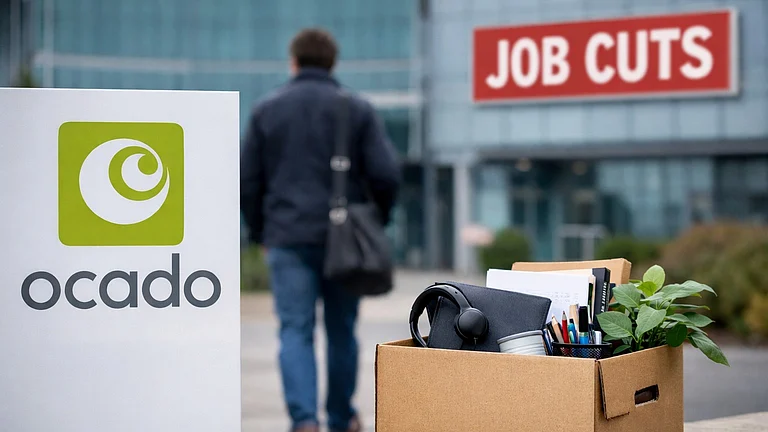Meta the parent company of Facebook, is laying off workers across various segments, including Instagram, WhatsApp and Reality Labs, as a part of its effort to reorganise the company to meet long-term goals and location strategy. The technology giant’s employees are undergoing a major reshuffle across different roles and locations within the organisation.
“This includes moving some teams to different locations, moving some employees to different locations, and moving some employees to different roles. In situations like these, when a role is eliminated, we work hard to find other opportunities for impact employees,” Meta spokesperson Dave Arnold told the news website The Verge.
The exact number of employee layoffs hasn’t been revealed by the company.
The layoff by the tech giant isn’t an alone episode. Earlier, in 2022, the company fired nearly 11,000 employees. Additionally, Meta CEO Mark Zuckerberg called 2023 the “Year of Efficiency” and laid off 10,000.
“Over the next couple of months, organisation leaders will announce restructuring plans focused on flattening our organisation, cancelling lower priority projects, and reducing our hiring rates,” said Zuckerberg in the company’s statement on March 14 last year.
Tech Layoffs Likely to Discourage Indians Seeking Employment in the US
Meta isn’t the only American company that has announced major job cuts. According to a news website, Crunchbase, more than 191,000 workers at US-based tech companies were laid off in 2023. The companies with the biggest workforce reductions in 2023 include Amazon with around 16,080 jobs cut, Alphabet with 12,000, Microsoft with 11,158 and Meta with 10,000 layoffs.
The layoffs have impacted Indians employed in the US-tech industry. Moreover, the job cuts along with the tightening of H-1B visa rules by the American government have made those eyeing to work in the US tech industry anxious. The H-1B visa is required to hire highly skilled foreign workers in specialised occupations. The US tech companies rely on it to hire thousands of employees internationally, particularly from India and China.
As per the new rules, employers have to pay an additional fee when extending the visas of existing workers. This is likely to discourage employers in the US from hiring immigrants and rely more on domestic workforce.
Moreover, a recent US court’s ruling found the multinational IT firm Cognizant guilty of discriminating against non-Indian workers. The judgement also blamed the IT firm for exploiting the loopholes present in H-1B visas and using them to favour South-Asians in hiring.
































